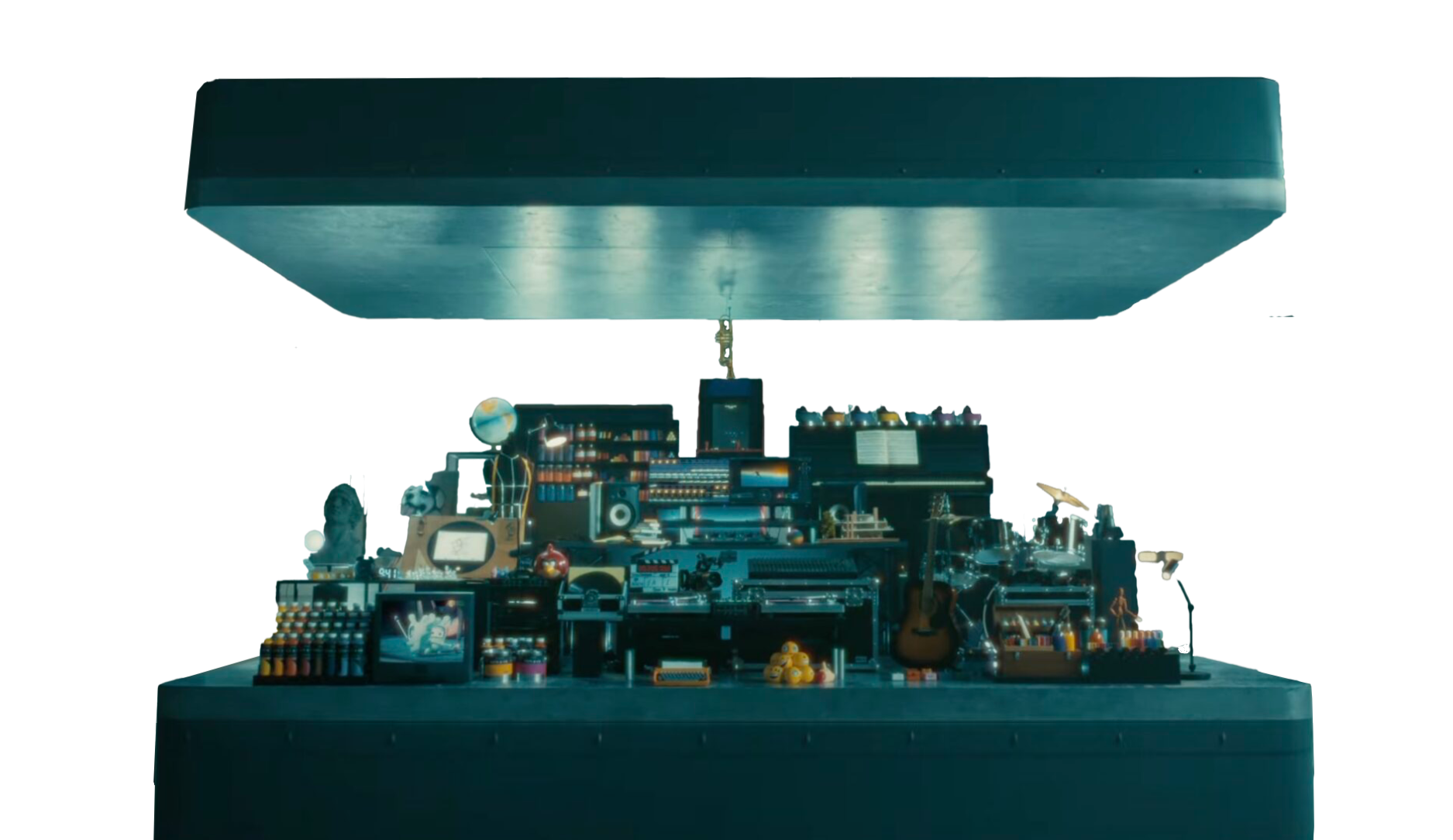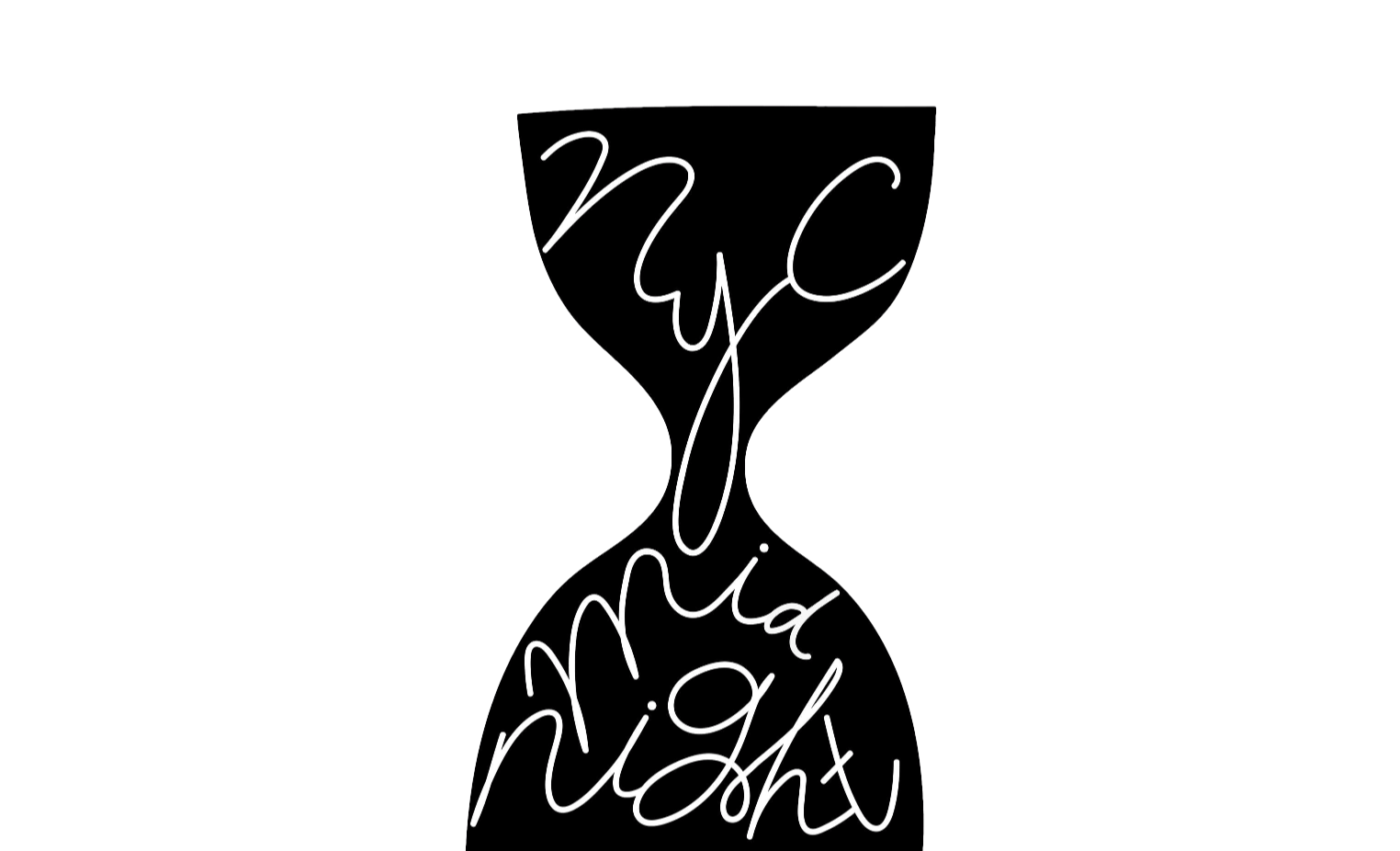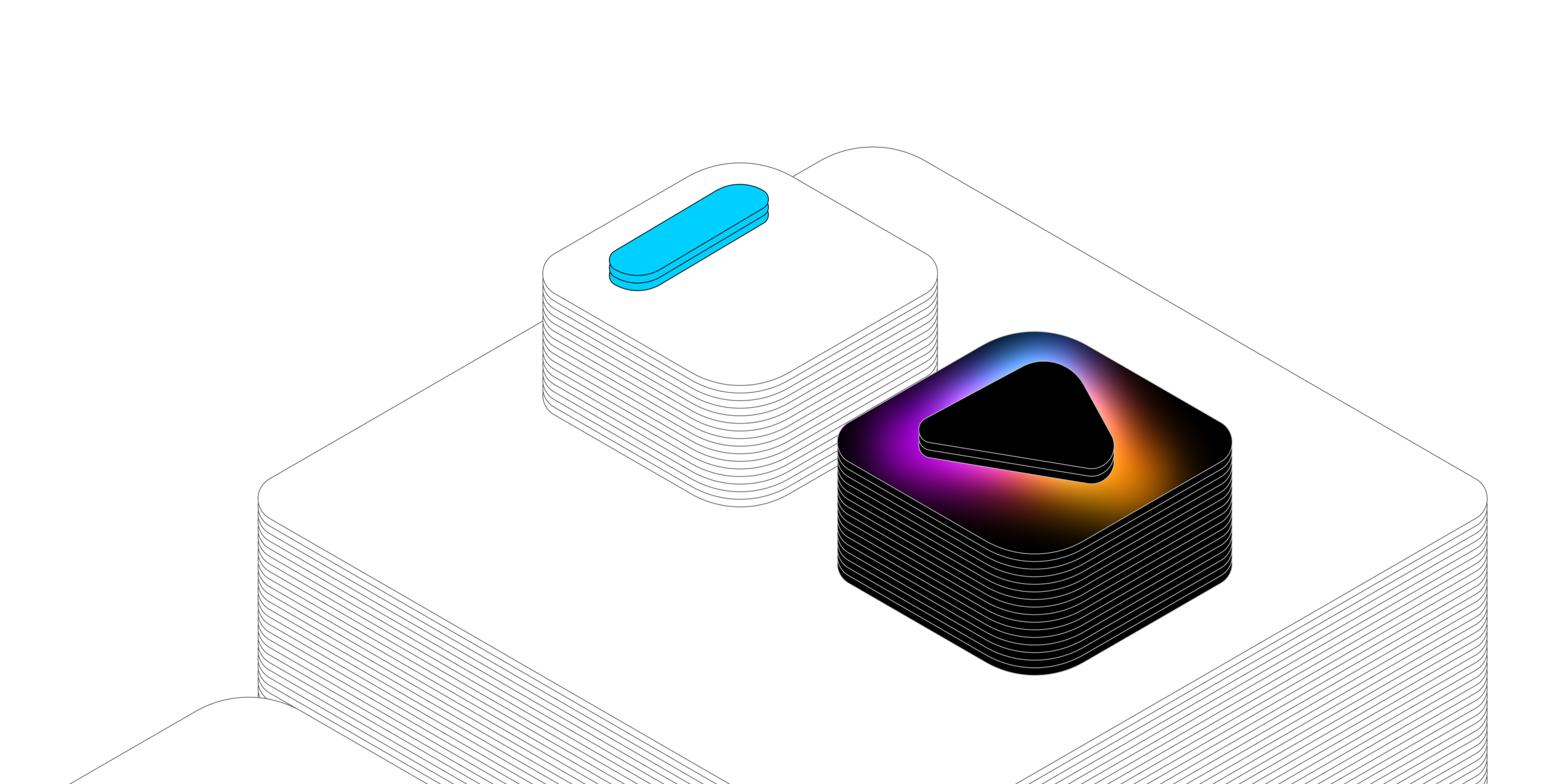Last week, Apple released an ad that taught us a lesson beyond the good and evil of advertising and public relations.
The ad showed various objects being collectively crushed by a hydraulic press: a metronome, record player, trumpet, piano, guitar, paint, an arcade machine, LPs, notebooks, photo cameras, and other objects. At last, the press opens to reveal the new iPad.
The idea: iPad compresses creativity. But we were not impressed.
The ad triggered outrage that led to an apology. Part of the scandal was predictable, avoidable, and yawnable. But there was something unexpected about it.
Raging against the machines
A joke that wasn’t funny
Apple wanted to tell us that their new iPad somehow contains all those creative tools and entertainment icons. It was an ad, a joke — but then it wasn’t funny. It tried to lie metaphorically, but it literally told the truth.
An iPad does everything and nothing well. It’s the eternal teenager of computers that doesn’t want to grow up and commit.
What we saw was Apple destroying beautiful things that have a clear creative and entertaining purpose — unlike the iPad. A trumpet makes music. An arcade box lets us play games. A notebook lets us write. They do one thing, and they do it well. And, unlike the iPad, they last.
How about playing it backward?
The ad might have worked, had they played it in reverse. Then the message could not have been taken literally. In reverse, the ad would show creative tools magically growing out of an iPad and suggest that they mythically live inside the device.
The ad played forward was the truth pretending to be a joke. Backwards it would just be another pretty lie about how this latest version of a gadget that never made you happy, would finally, really make you happy.
The reason why we all got so upset had little to do with cinematography. Film tricks can hide but not undo the truth: that more technology won’t automatically make us happy or solve our problems.
Who got upset and why?
It doesn’t take a French deconstructionist to connect the dots between the unpopular Apple ad and the popular Tik-Tok videos with people playing instruments, painting and cooking. Destroying LPs, pianos, and trumpets is literally and metaphorically tone-deaf to what the world in the age of everything AI is longing for.
Watching people cooking, making music and painting is becoming more popular than another artificial beauty posing in front of a rented Lambo. In the age of Is this real? we prefer to watch regular people sing, sculpt and dance.
It’s nice to see real people playing a real guitar through an artificial screen, but it’s better when it happens right in front of us, or with us. Your grandma’s risotto cooking tips have outdone Ivanka Trump’s makeup secrets.
Being reasonable
We are learning
There was the Social Media rage, the nostalgia, and the usual tech skepticism. The outrage against Apple iPad add last week came from the usual places. But there was also a simple “no thanks.” We can just say “no thanks” to technology if it doesn’t make sense to us. New is not inevitable. New doesn’t mean need.
We are learning to say no thanks to 3,500-dollar VR goggles, subscription-based AI pins, and orange plastic boxes that want to book hotels for us without checks and balances.
We are realizing that we don’t need to look like an electro-gadget Christmas tree to prove that we are ready for the future. We found out that we don’t need every generation of every gadget ever produced.
We can say no thanks to the absolute blockchain, the total Internet of Things, the celestial AI. We can say no thanks to anything we don’t really like or need — and eventually, we will.
Finding (better) analogies
At some point, we switched off our TVs and forgot about The Bold and the Beautiful. Eventually, we unplugged our fax machine. One day, our kids just put their fidget spinners away. It can be hard, but it’s easier if you have something more meaningful to do.
It’s easier to close Threads if you have ten great books waiting for you. It’s easier to press pause on Spotify if you can play the guitar. You don’t need Uber Eats if you enjoy cooking. It is easier to close your computer if you know how to swim the butterfly.
Switching off and getting real can make us happier. Being real also means risking to feel really sad. And that is one reason why, so often, we prefer iPads over guitars.
Getting it
Now on to the good news. Your no thanks doesn’t need to be an absolute, total, eternal no. We can use typewriters to write letters and write a poem on our phone at the bus stop. We can say no thanks to AI phone bots but still use ChatGPT to help us understand Aristotle’s Metaphysics in the original. We can be both critical and appreciative of new technology without categorically accepting or rejecting it.
Knowing what you want doesn’t mean that you don’t “get it”. What do we tell our kids when they first pick up a guitar, a hammer, or a knife? Don’t hurt yourself. Be careful. Don’t break it. Being careful with tools, new and old, still makes a lot of sense. ¯_(ツ)_/¯








